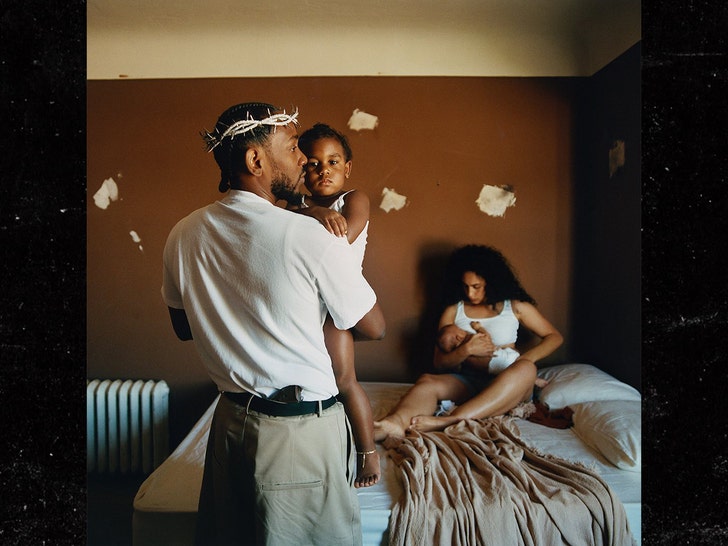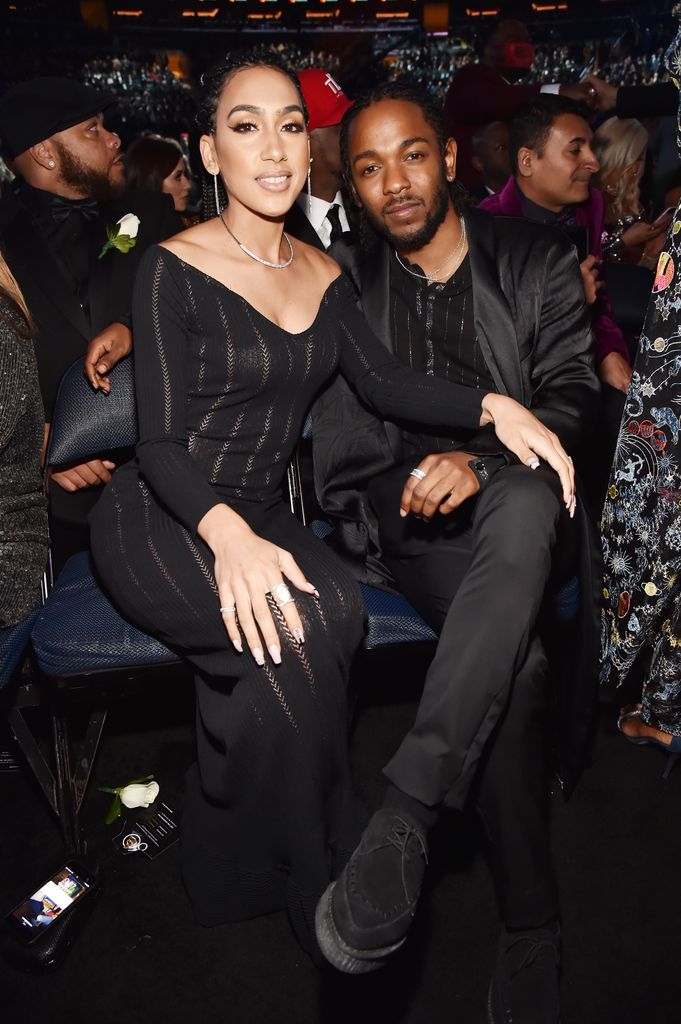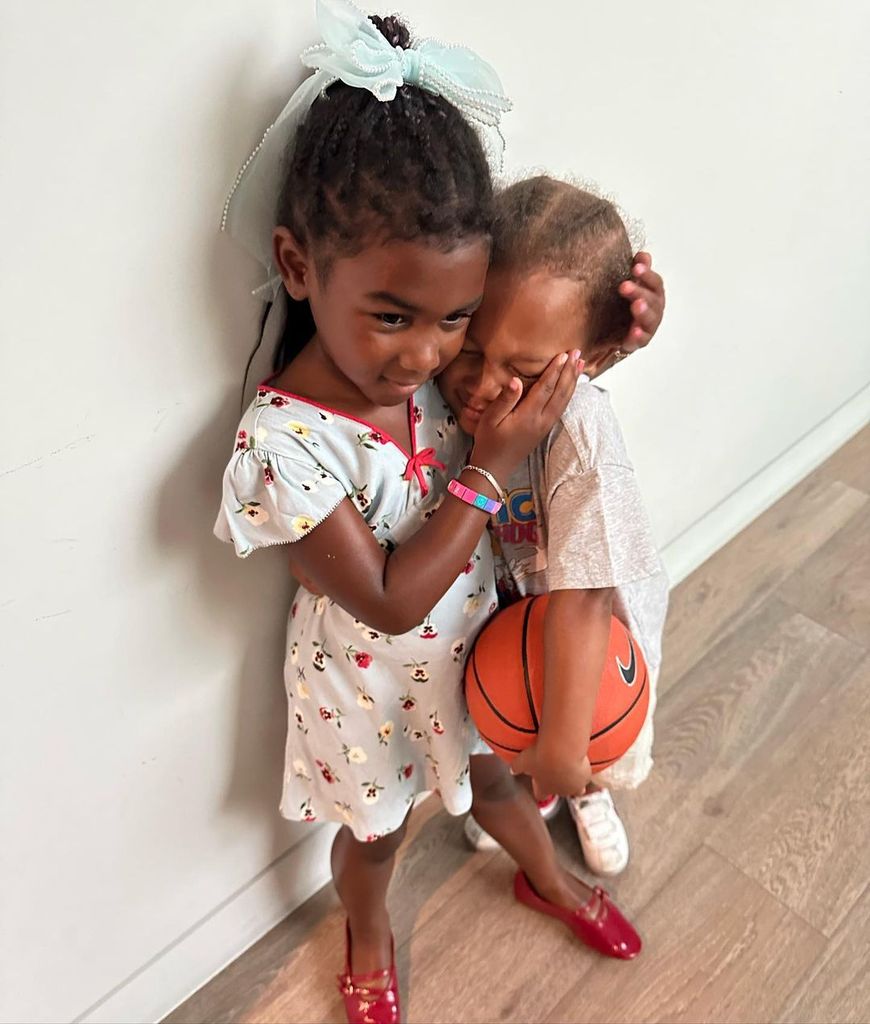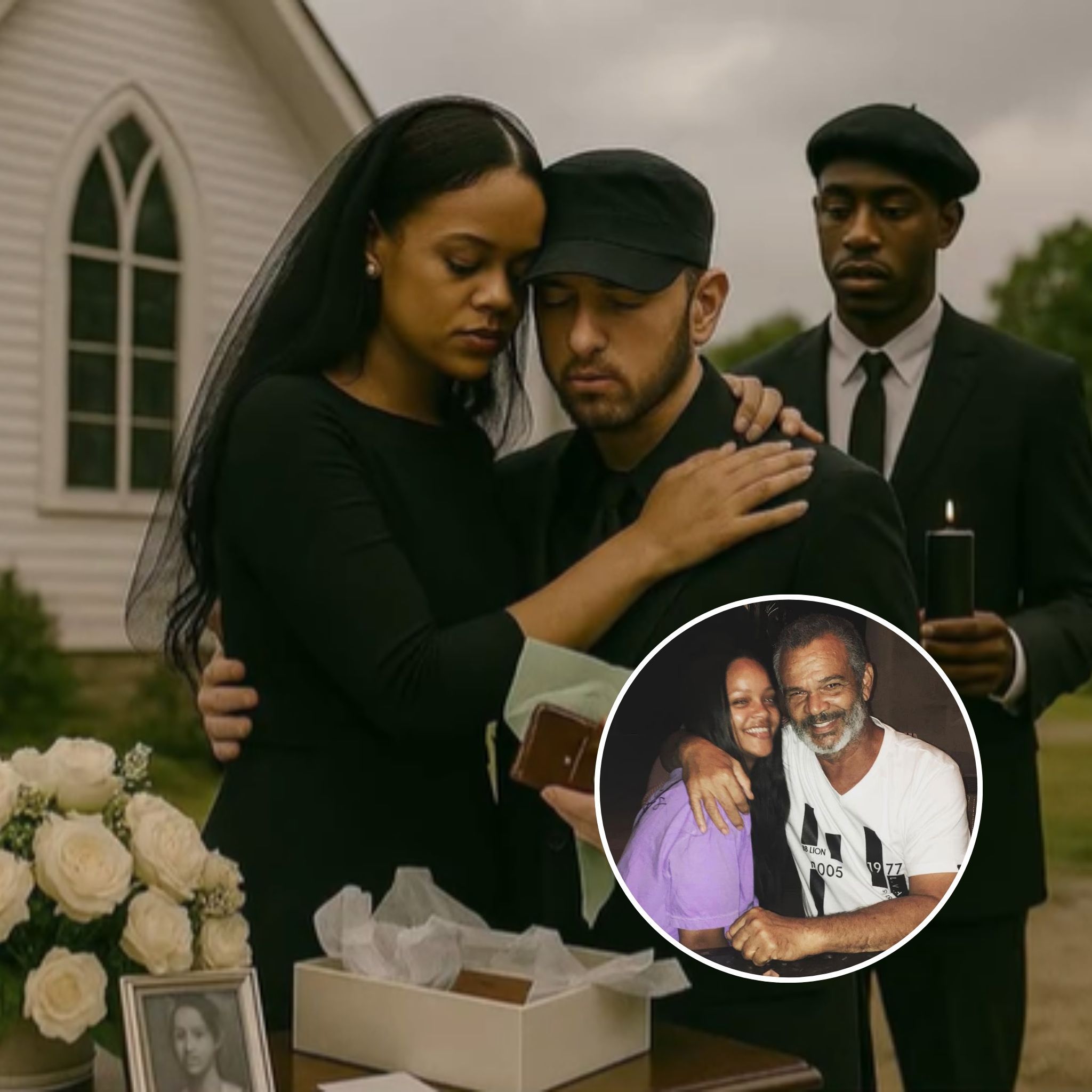A quiet tradition in Kendrick Lamar’s home becomes a powerful weekly tribute — lighting a candle for Black fathers lost to police violence, poverty, or addiction.
Every Sunday evening in the Lamar household, as the sun begins to set over Los Angeles, a single candle flickers to life. It’s not for ambiance or ritual, but remembrance. In a corner of their living room, Kendrick Lamar, his fiancée Whitney Alford, and their two young children gather to honor the names of Black fathers who never made it home.

It began as something simple — a way to talk about grief, history, and hope with their kids in a way that felt honest but not overwhelming. But over time, this act of lighting a candle became something much deeper: a sacred space for reflection, empathy, and education.
The tradition started last year, shortly after Kendrick returned home from his Mr. Morale & the Big Steppers world tour. He had seen the world from stages, but he returned to a different kind of responsibility — fatherhood, and the question of how to raise Black children with both awareness and tenderness.
“So much of our story, our pain, is left untold,” Kendrick said in a rare personal statement. “I don’t want to just protect my kids. I want to prepare them. But gently.”
The first time they lit the candle, Kendrick told his son, Uzi, who had just turned four, about a man named Sean Bell — a father who died in a hail of police gunfire the day before his wedding. Kendrick explained it as carefully as he could, talking not just about injustice, but about love — the kind of love that Sean had for his family, and how that mattered, too.
Then Uzi looked up, wide-eyed and innocent, and asked, “Daddy… did he get scared?”
Kendrick’s voice cracked as he recalled the moment. “I didn’t expect that question. I just… I nodded. And I cried.”
It was the first time his son saw him weep.

Since then, the tradition has continued — every Sunday. Sometimes they talk about fathers who died because of systemic violence — names like Philando Castile, Alton Sterling, and Tyre Nichols. Other times, they speak about men who were swallowed by addiction, or whose health failed too soon because they never had access to proper care. Kendrick always makes it personal.
“We talk about what they loved,” Whitney said. “One dad loved music, one loved fishing, one worked three jobs just to buy his daughter a bike. We want our kids to know their humanity, not just their tragedy.”
The idea was born from Kendrick and Whitney’s shared belief that grief, when acknowledged together, becomes legacy. “Strength isn’t just survival,” Kendrick says. “It’s remembrance.”
A small table in their home has become what they now call the “Light Corner.” It holds a rotating photo or handwritten name each week, placed beside the candle. Occasionally, they play a song connected to that father — a Marvin Gaye classic, a gospel hymn, or a Kendrick verse inspired by loss.
Friends who’ve visited the home have quietly taken up the tradition themselves, lighting candles in their own houses, sharing stories with their children, and even writing letters to families of the fallen.

While Kendrick has long been known for his powerful storytelling about Black pain and perseverance, this intimate tradition shows a different kind of activism — one built not on stages or headlines, but inside the home, at a child’s eye level.
“Revolution doesn’t always roar,” Whitney says. “Sometimes it whispers through the way you teach your children to love.”
Though Kendrick has kept much of his personal life private, he shared this practice in hopes that others might find comfort or inspiration in it. “It’s not about me,” he said. “It’s about making sure we remember the ones who didn’t get the chance to raise their babies. The ones who should still be here.”
On a recent Sunday, their daughter — just two years old — toddled over and touched the candle with a tiny hand (carefully guided by Whitney). She pointed to the photo beside it and asked, “His name?”
Kendrick smiled softly and replied, “His name was Terrence. He was brave.”
And the candle burned on, holding space for a father remembered, and for the future being gently, reverently shaped.





